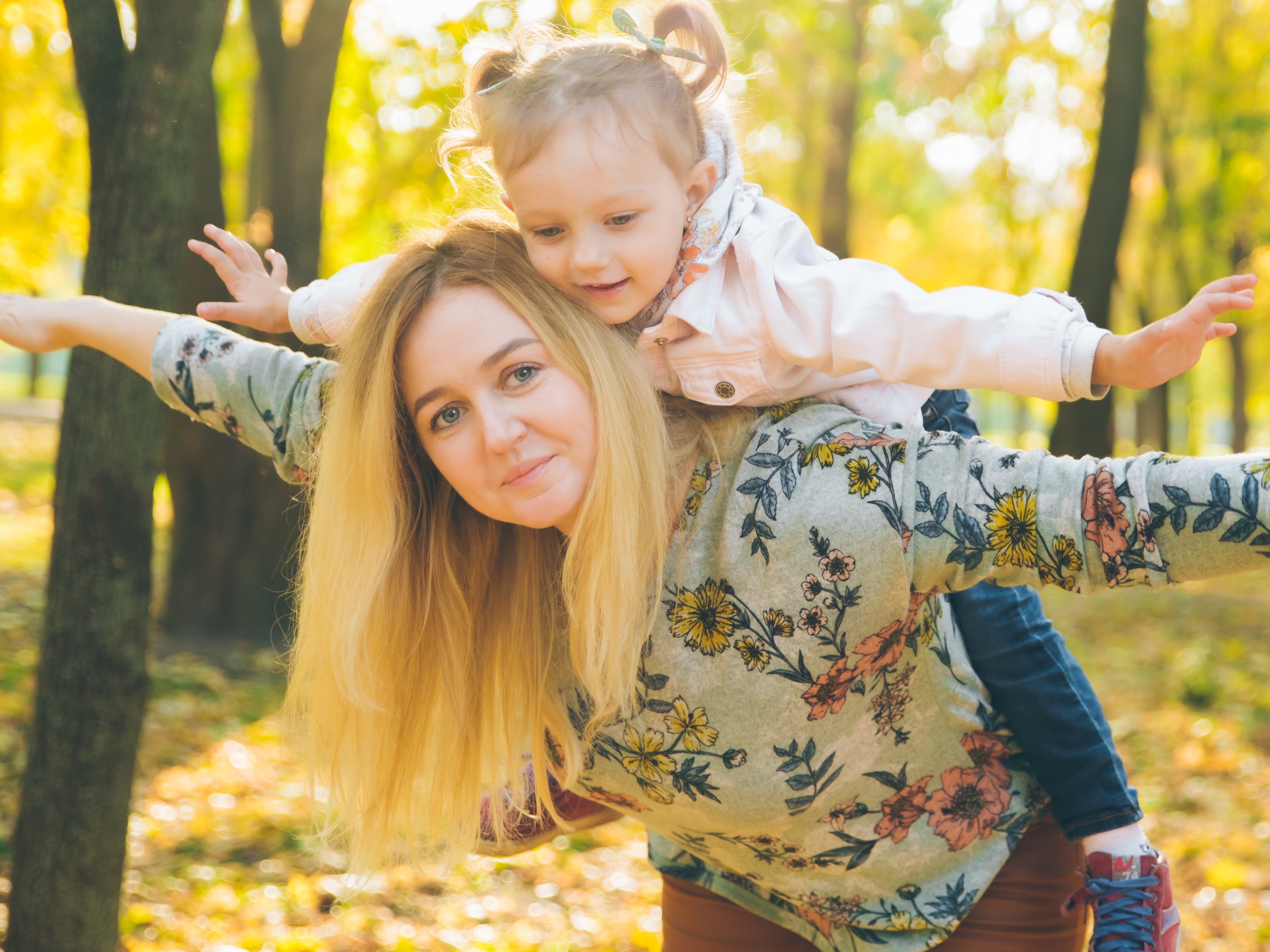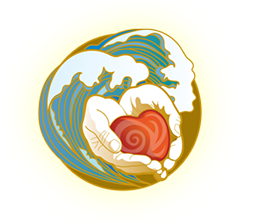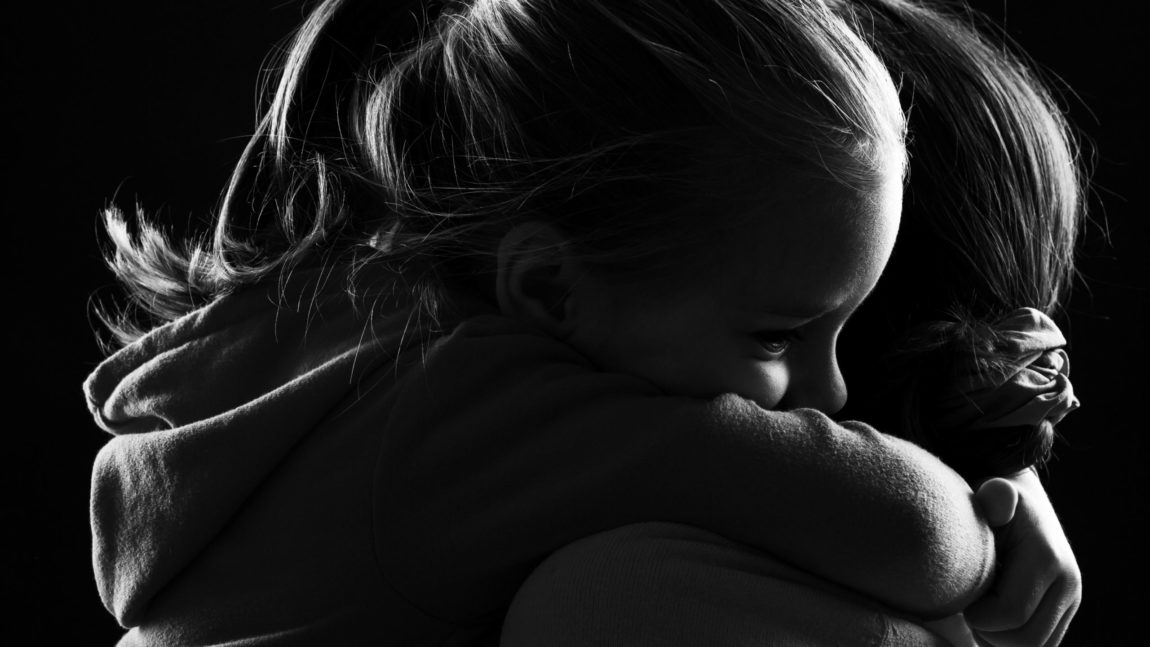Parents are given the biggest love possible – a love that knocks us off our feet at first sight. As we sit on the floor of our new reality, we know beyond knowing that our world has changed forever. As parents, we often make deeper commitments to our children than we make to our partners or jobs or pretty much anything else. And yet, from our children’s point of view, our commitment is not always obvious.
Parenting is many things. Really, it’s everything. Everything we’ve ever done or avoided doing becomes relevant. Any experience we have is either a support or a detriment depending on the situation. And our lack of experience has positives and negatives too. Not having been through something can be great because we don’t have to try to do it differently. But it’s excruciating when we have no clue what to do.
Having no clue what to do is one of the dynamics that parenting creates from minute one. Suddenly a human being is in our care and dependent upon us. It is not realistic to be able to do something we’ve never done before. But as parents, realistic or not, we must do it anyway. There’s no way to train for what’s required of us because there’s no way to know the magnitude of it until we’re there. And even when we have more than one child, every child is so different that our previous experience doesn’t always help. Plus, our children’s needs change daily, so the moment we think we’ve mastered any of it, a new scenario presents itself. Somehow, in spite of all of this, we do what needs to be done as best we can, day after day.
I like to tell the story of when my daughter was a few weeks old, and I had just finished doing everything we needed to do to leave the house, including putting her in her portable car seat. Then I had to pee. I left her in her car seat and went about five feet away to the bathroom, leaving the door open so she could hear me. But the moment I sat on the toilet, she started crying because she could not see me. This was the moment I realized there was no way to meet my child’s needs all the time. That reality is what I call the set-up of parenting. I knew that right then I could easily shift and meet her needs, but I saw clearly that there would be many more times when I wouldn’t be able to. So, I stayed on the toilet. I figured we both needed to learn not to sweat the small stuff.
Besides, what mattered more than my momentary disappearance was the fact that I came back and was there to reassure and comfort her. Our job is to help our children recognize that all is well when it is, and to point out all the things that are okay when some part of the picture is not. Our job is to be real and model authenticity. We must figure out how to meet both our needs and theirs as much as possible, and to model that instead of showing them what sacrificing ourselves at the altar of theirs or anyone else’s needs looks like.
It’s been years since my bathroom epiphany and now my daughter is ten. This morning we were fighting. The getting-to-school-on-time routine has become rife with conflict. It’s hard because there’s too much to do in too a short time. We need more time, but we also need more sleep. My daughter needs a good breakfast, but she’s tired of all the options. She needs more pants that fit her and warm socks for when it’s suddenly cold. She needs time to brush her teeth and hair and pack her snack. She needs to find her coat and backpack. It seems like every morning something is left undone. What she wants in the morning is to have fun. When I push her to get all the other things done first, we fight. When we don’t make enough time to wake up, appreciate each other and have fun, our fighting intensifies.

Some days we do have enough time, and those are the best days. Today was not one of those days. By the time I dropped her off at school, we were both on the verge of tears. We talked for a while about our feelings, and got to a better place, but we were both still hurting. As I watched her slouch off, head bent towards the ground, feet shuffling, my tears let loose. It all felt so unfair and unnecessary, such big pain over something so unimportant as trying to be on time. There was a part of me that told me to get used it to it, that she would be a teenager soon, and these days would become more common. I knew that there will always be good days and bad days, but in that moment, I wasn’t sure that the next good day would come any time soon.
My daughter went into her school, and I drove away. At the stop sign, I turned on the radio. Unexpectedly, the radio was tuned to a station I don’t listen to and a talk show host whose views I don’t share. His contempt for the people he was ridiculing was palpable. In the raw place I was in, his voice and sentiment were jarring. He was speaking in very negative terms about a group of people whose beliefs I largely shared. I was too stunned to cry or laugh at the reality of the moment. I didn’t know where to put the yelling that was blaring at me just minutes after my daughter and I had stopped yelling for very different reasons. My anger at my daughter felt raw and familiar; the anger in his harsh sentiments felt hardened and foreign. His words put me on the defensive and I couldn’t open my mind to them or really listen to what he was saying. And yet there he was, in my car with me. I could turn him off and tune him out, but he would still be out there, riding in other people’s cars.
I was struck by what a divided world we all live in, and how close these divisions live to each other. I saw how my conflict with my daughter occurred within a deeply polarized society that lacks the tools and support it needs to heal. When I looked at my morning in the context of this bigger pain, something got easier. I recognized that actual conflict is rare and most of the things we call conflicts these days are not conflicts at all, but fomented expressions of opinion. I saw how divisive rhetoric is not meant to educate or heal and has no interest in creating connection.
I thought back to that moment on the toilet, over ten years ago now, when I realized that I couldn’t meet all my daughter’s needs. It all seemed so simple and hopeful then. Now the judgmental voice filling my car was making me feel powerless and hopeless. This man didn’t appear to care if he caused hurt, he only cared about his point of view. The only need being met was his need to prove he was right. My mind went to global needs and I was reminded that our most important needs have nothing to prove and nothing to do with being right. I thought about how basic and crucial needs – food, shelter, potable water, safety and even care – might not be there for my daughter in the coming decades. Suddenly breakfast and socks and hairbrushes and homework were smaller and easier. They became things I could do. I can feed my daughter breakfast and brush her hair or let it be and make sure she’s warm enough. I can let her know in a thousand ways that I love her. I can meet her most important needs today, knowing that if there’s a future time when some of those needs are unavailable, she will have had them.
I can’t protect my daughter from the harshness of this increasingly hostile and fractured world, or what the future may bring. But I can create a healthy and safe enough environment for her today. I can recognize how being able to get mad is vitally important. By moving through our disagreement and pain we can counterbalance the echo chambers in the landscape where our ability to listen and learn have withered. We can get to a place where we can feel our connection again, and know the world is good right now. By embracing all of each other, we can live together inside our fierce, raw, real and enduring love. We can ALL do that, regardless of how polarized the world becomes.


